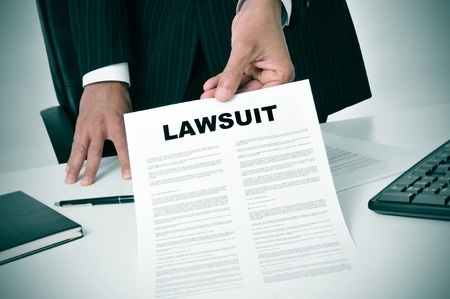Children May Proceed With Tort Suit Against Parents' Employer
Wednesday, March 6, 2024 | 0
The Illinois Appellate Court said summary judgment is not appropriate in deciding if birth defects in children are the result of their parents' workplace exposure to chemicals.
 Case: Fernandez v. Motorola Solutions Inc., Nos. 1-22-0884 and 1-22-0892, 02/29/2024, published.
Case: Fernandez v. Motorola Solutions Inc., Nos. 1-22-0884 and 1-22-0892, 02/29/2024, published.
Facts and procedural history: Meg Yukki Fernandez and Jonathan Johnson, born with severe birth defects, brought separate actions in an Illinois state court against Motorola Solutions Inc., alleging that their fathers were exposed to toxic chemicals and gas at a semiconductor manufacturing facility in Texas.
A trial judge granted summary judgment for the company, finding that it did not owe plaintiffs a duty under Texas law.
Analysis: The Illinois Appellate Court said Texas law applied to the plaintiffs’ claims.
Legal duty in Texas depends in part on whether the injury to the plaintiff was foreseeable, the court continued. A finding of foreseeability requires “(1) that the injury be of such a general character as reasonably might have been anticipated and (2) that the injured party should be so situated with relation to the wrongful act that injury to him or one similarly situated reasonably might have been foreseen,” the court said.
Scientific evidence was conflicting as to whether paternal exposure to toxic chemicals during the manufacturing of semiconductors causes future offspring to be born with birth defects. Thus, the court said, the evidence raises a question of material fact as to whether plaintiffs’ birth defects were the reasonably foreseeable consequence of Motorola's alleged negligence.
“This question of material fact cannot be determined as a matter of law but must be resolved by the trier of fact in order to determine whether a duty existed,” the court said.
Motorola claimed that the exclusive remedy provision of the Texas Workers’ Compensation Act supported summary judgment in the company's favor.
While the act generally bars civil suits for workplace injuries by the injured worker and his heirs, the court said derivative claims under the Texas workers' compensation statute "are those where the plaintiff was not physically injured herself but suffered emotional or economic harm due to the physical injury to the employee, e.g., claims for loss of consortium or wrongful death.”
Since the cases involve plaintiffs seeking recovery for their own injuries, separate and apart from any workplace injury to their fathers, the exclusive remedy doctrine does not apply, the court said.
Disposition: Reversed in part and remanded.
To read the court’s decision, click here.







Comments